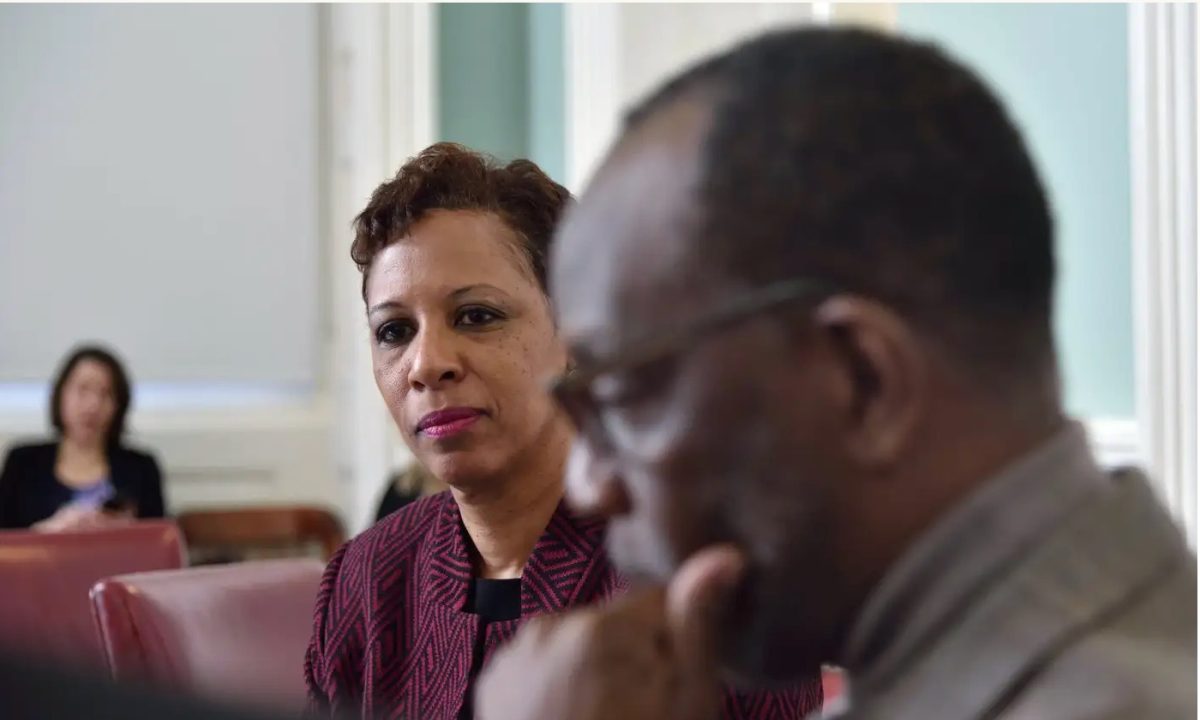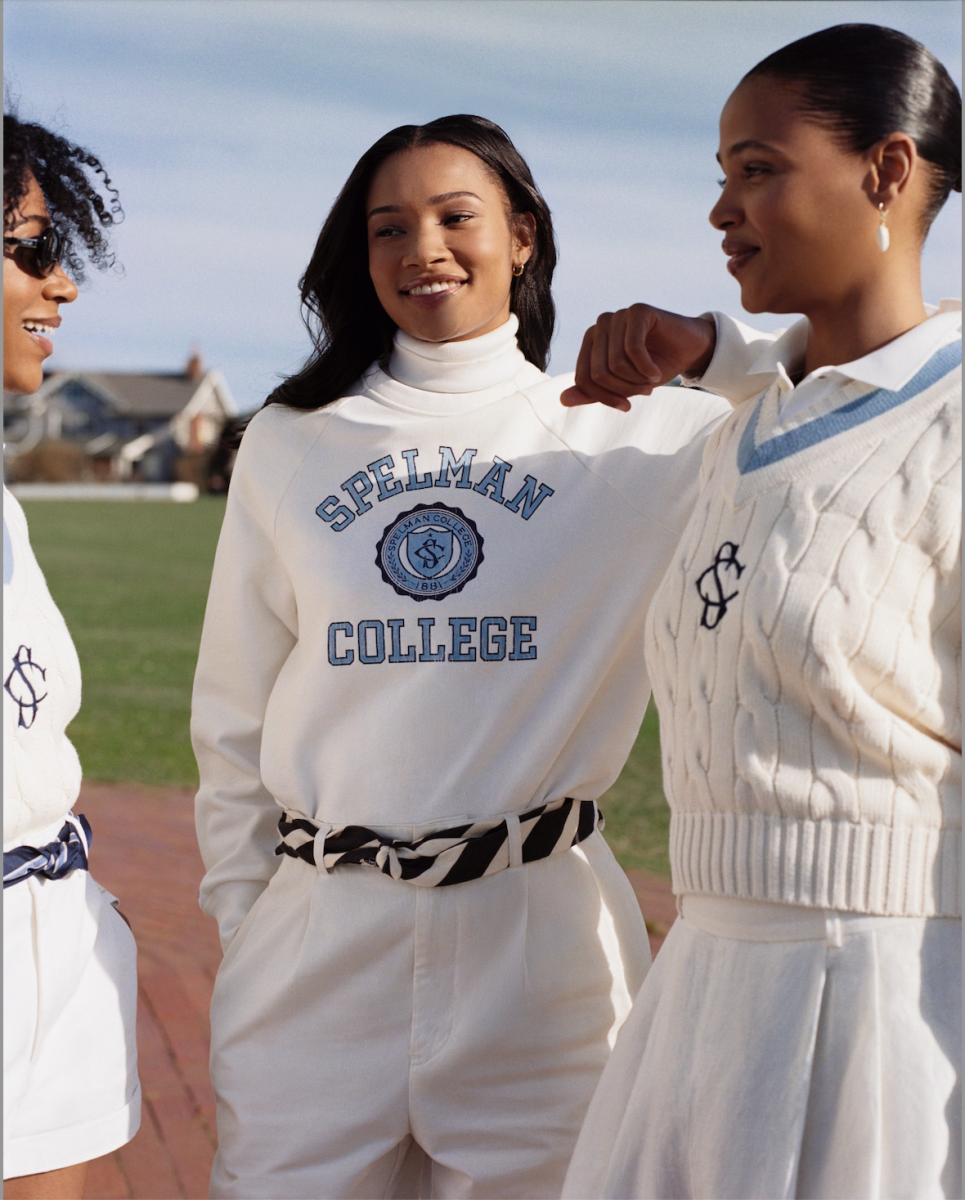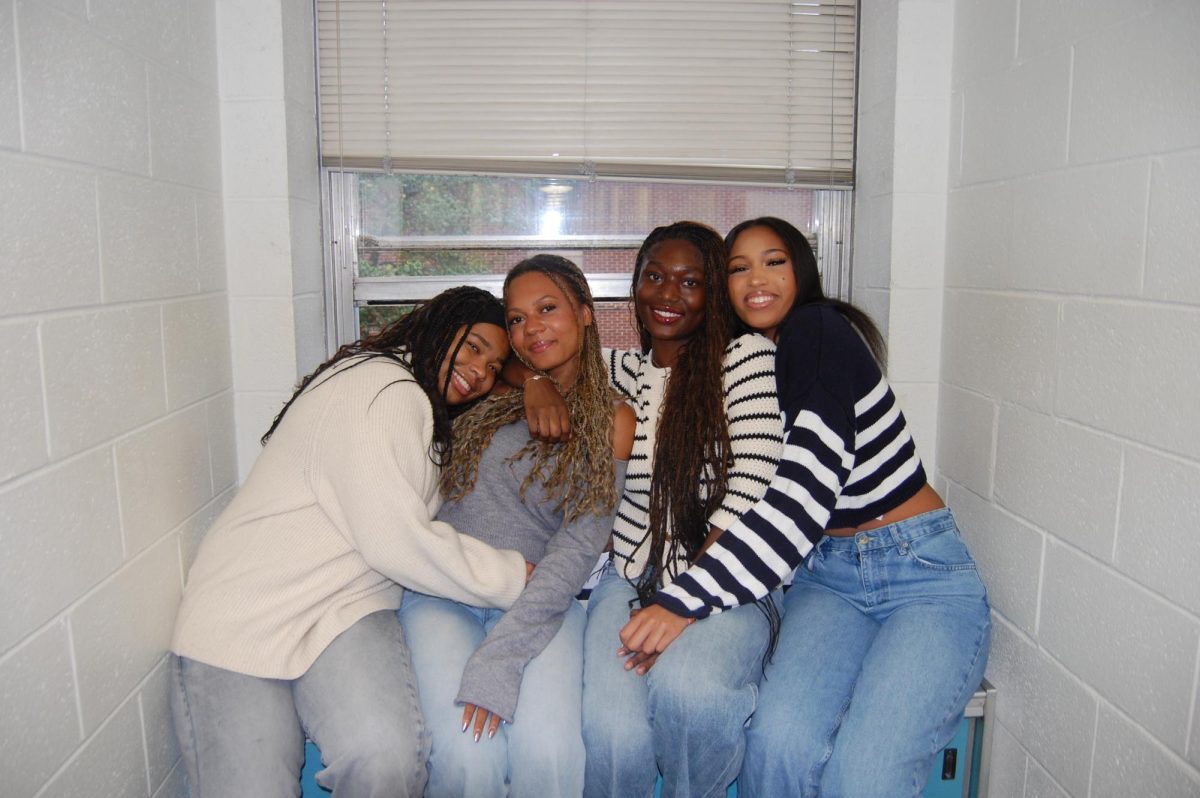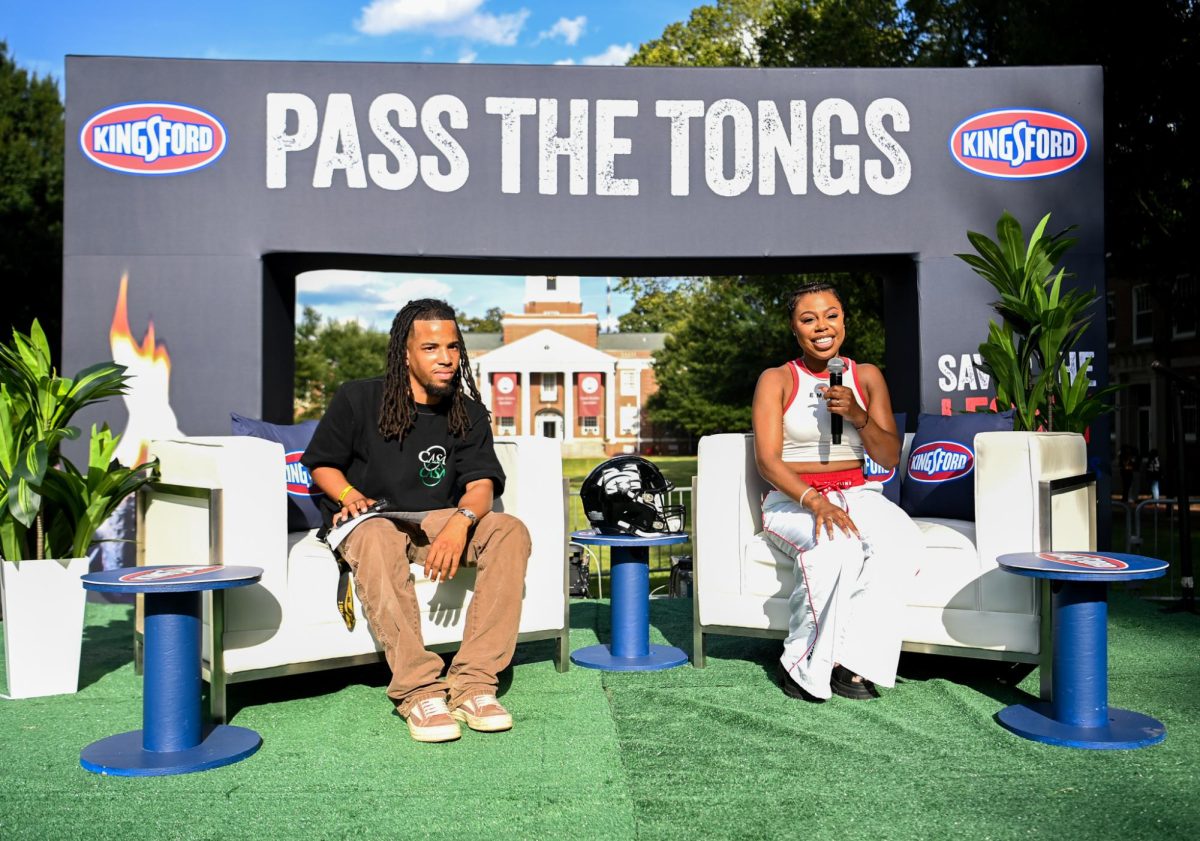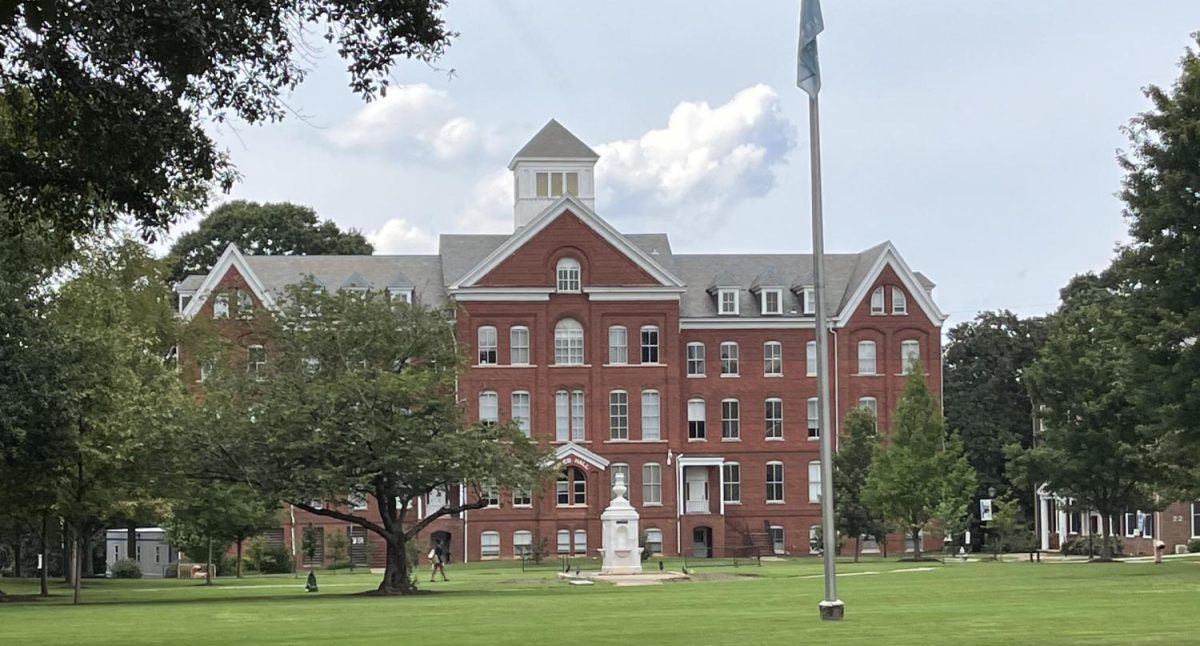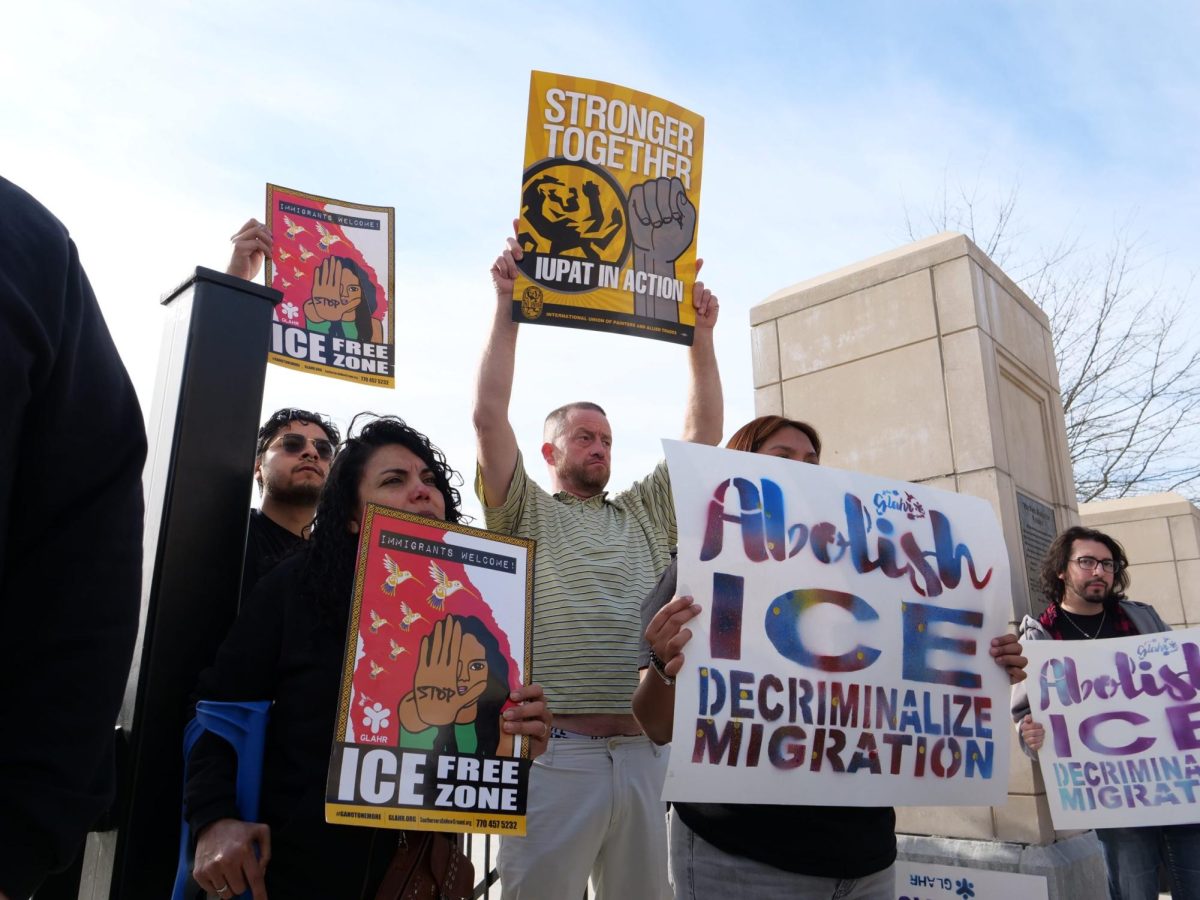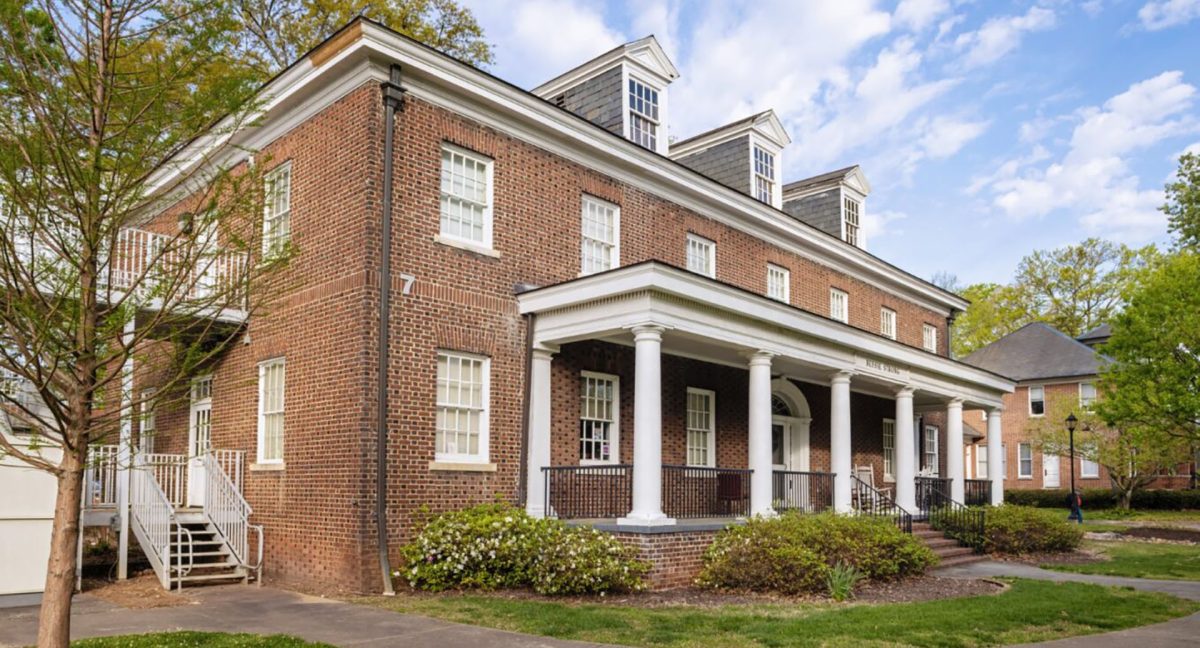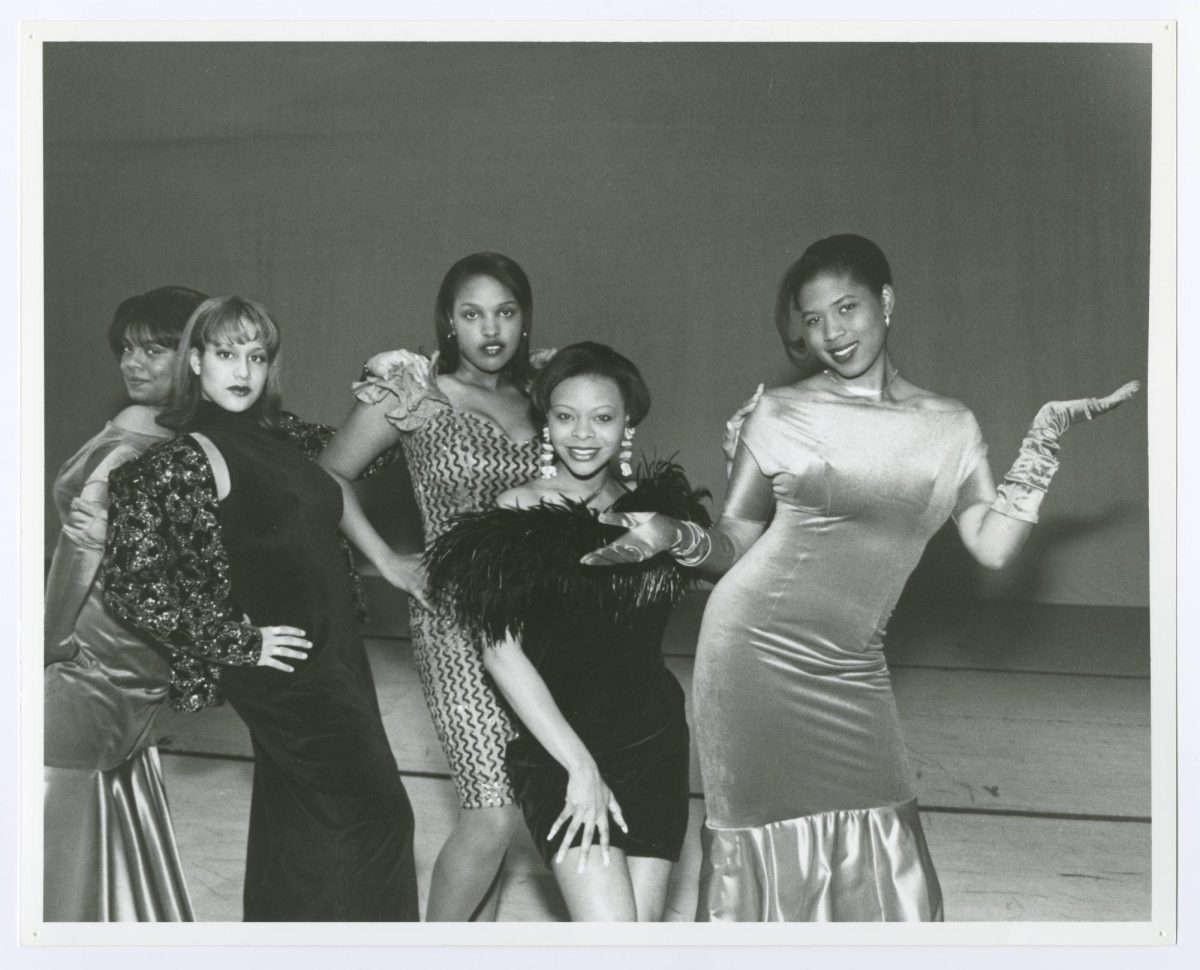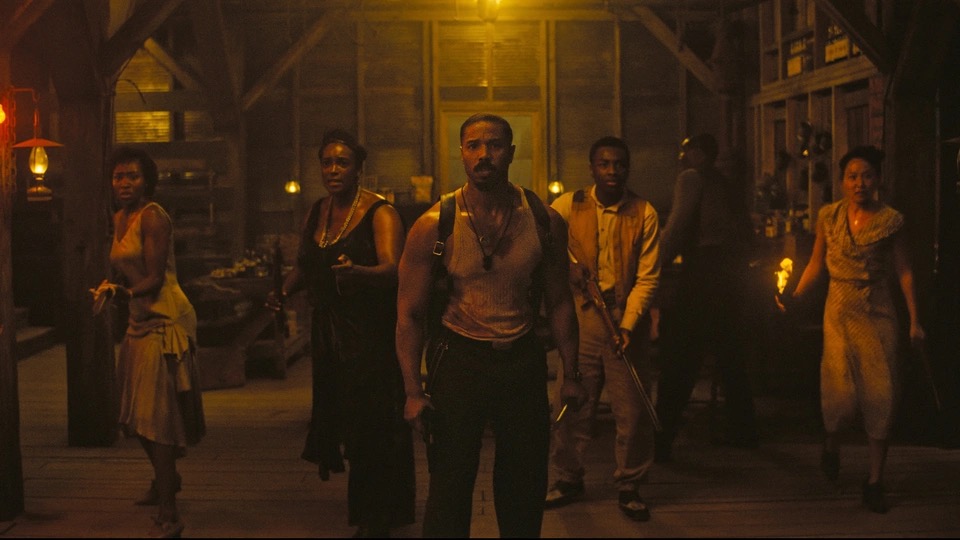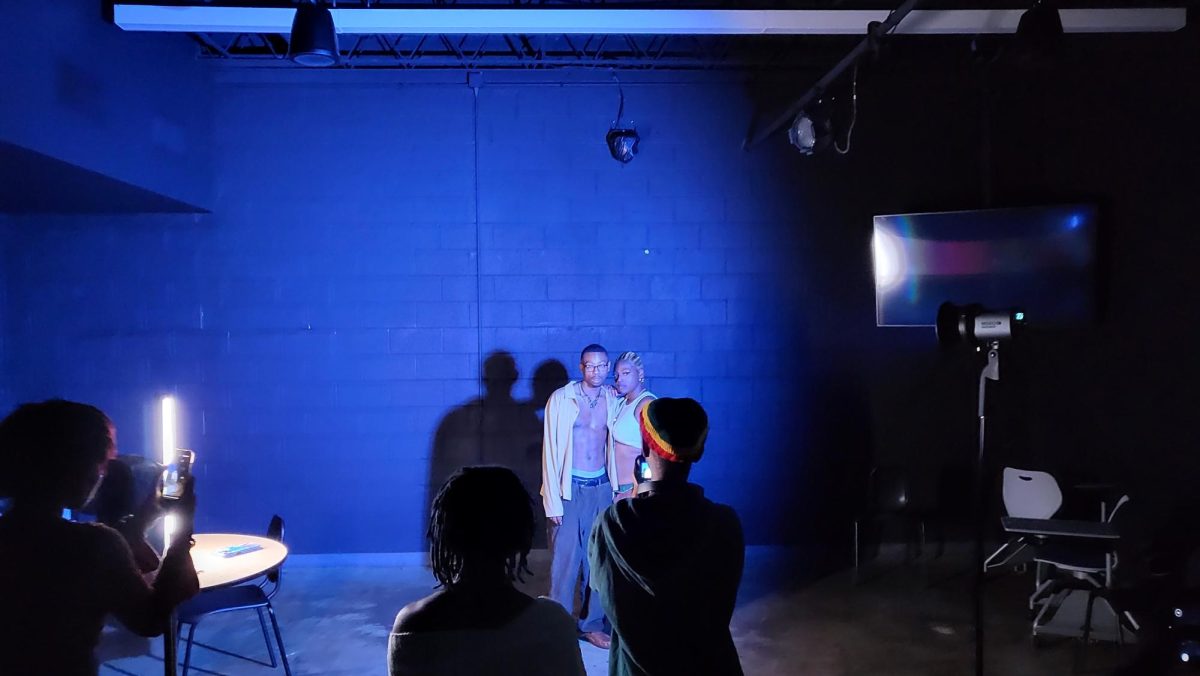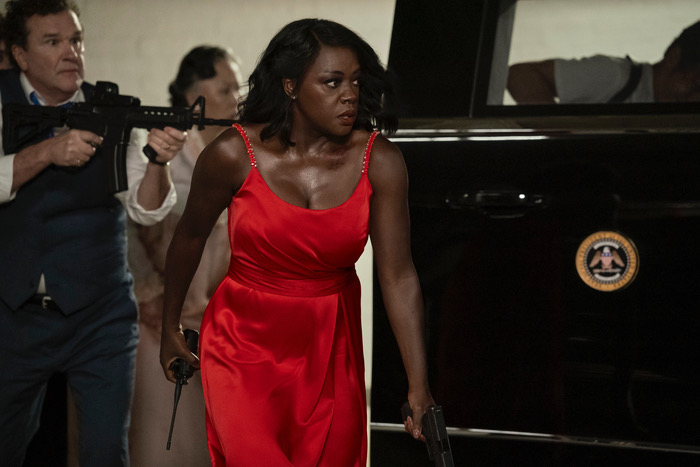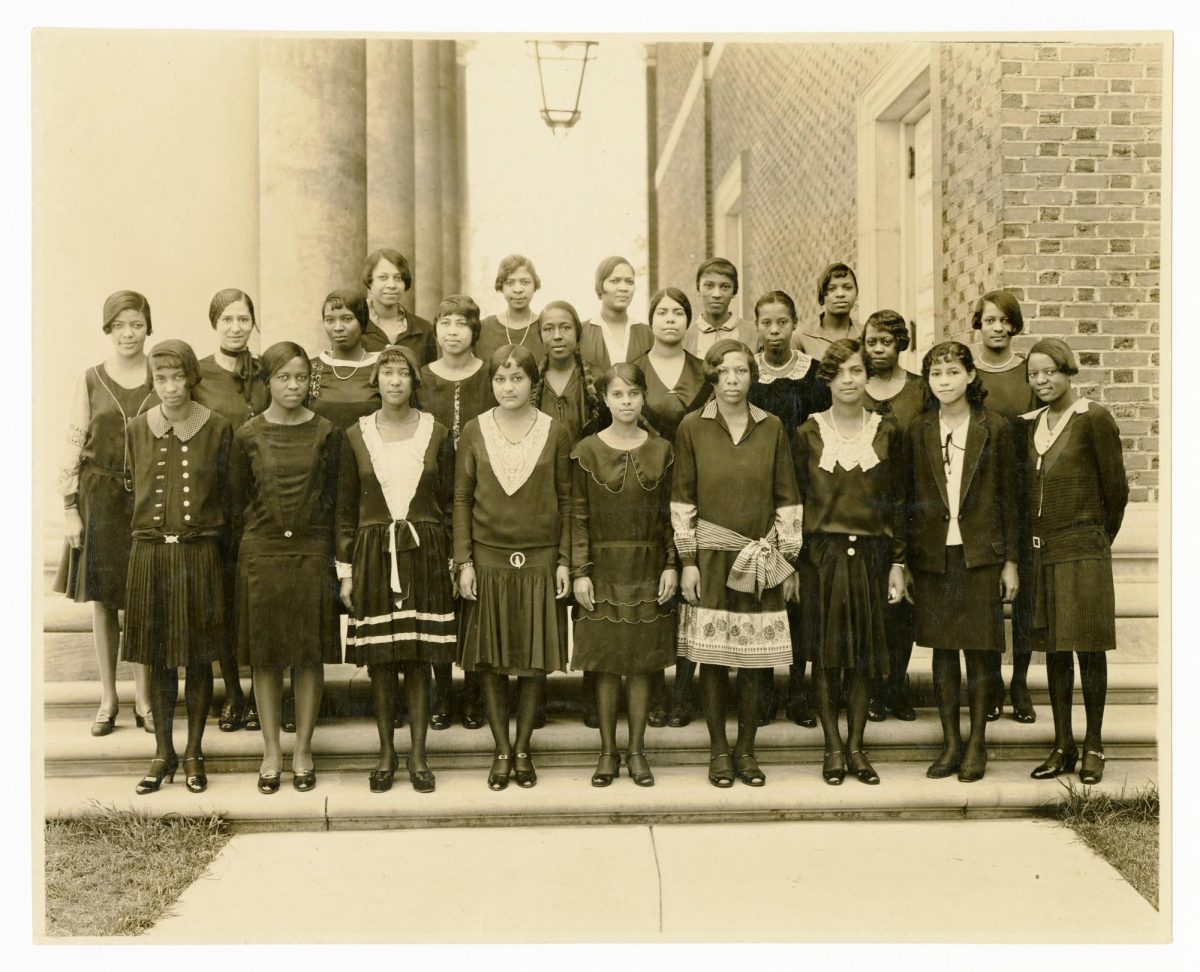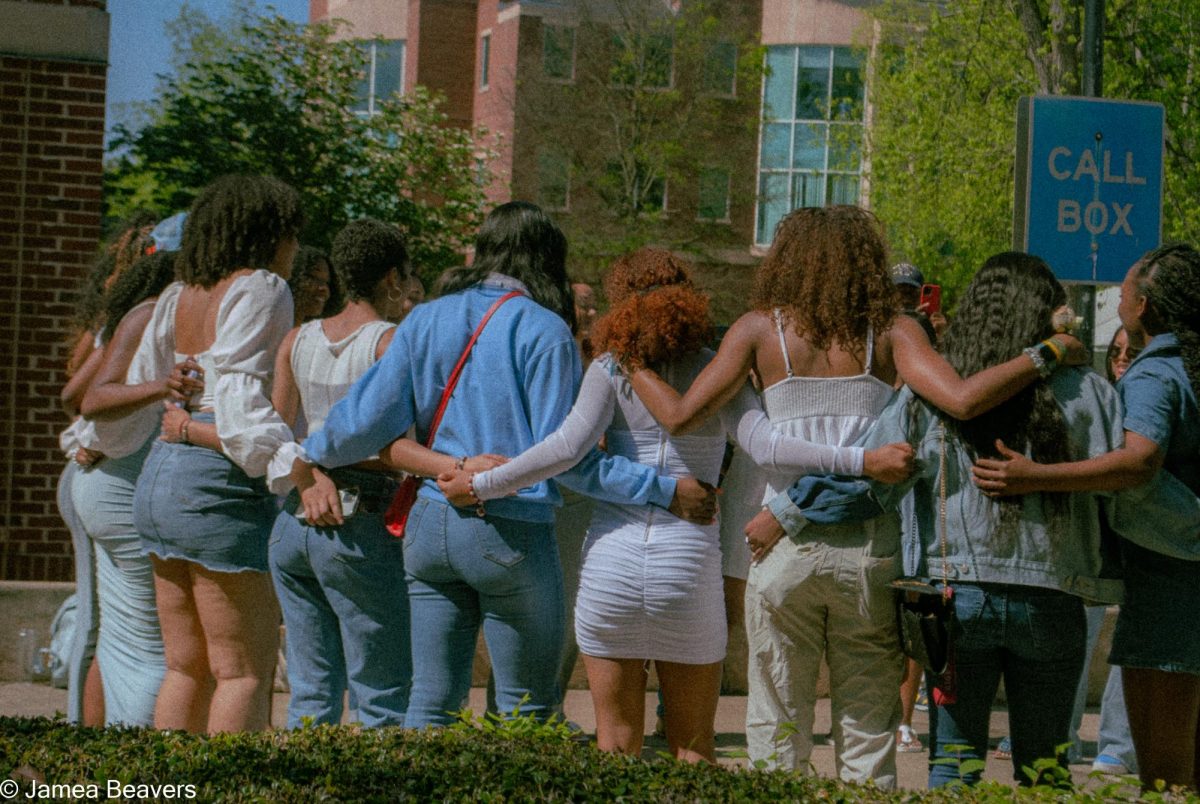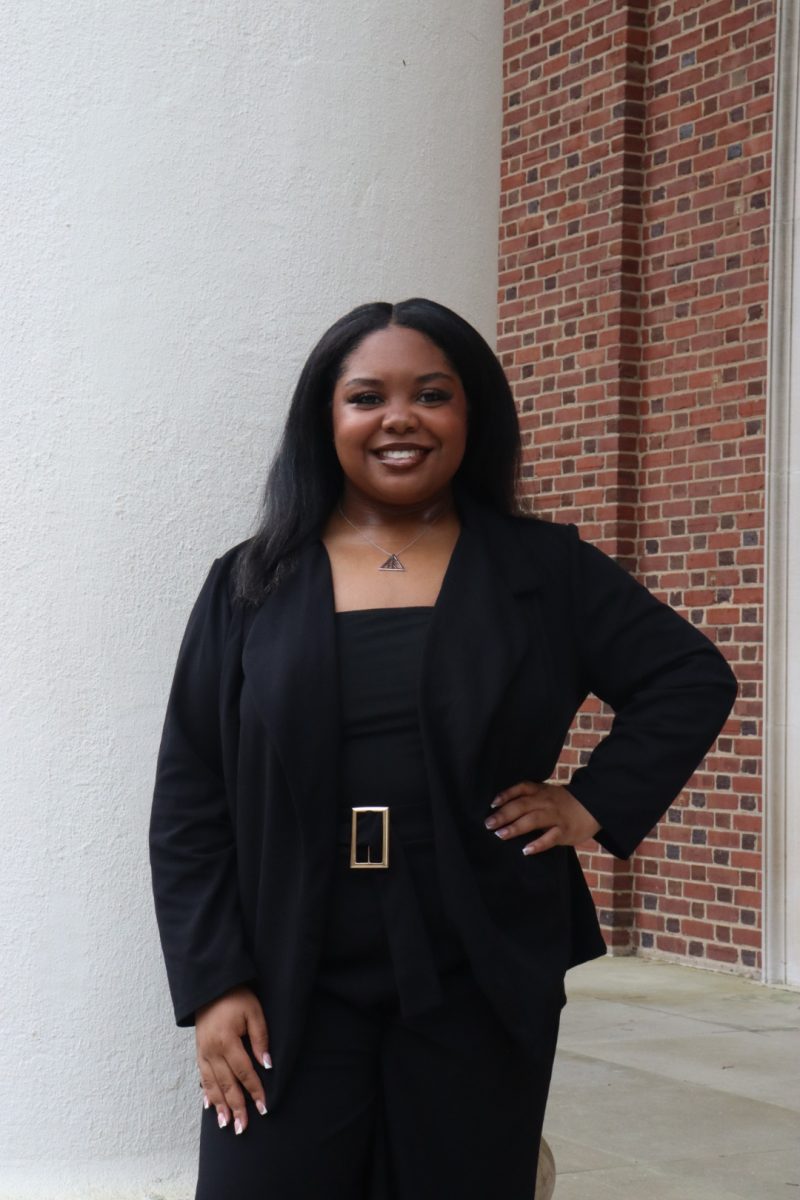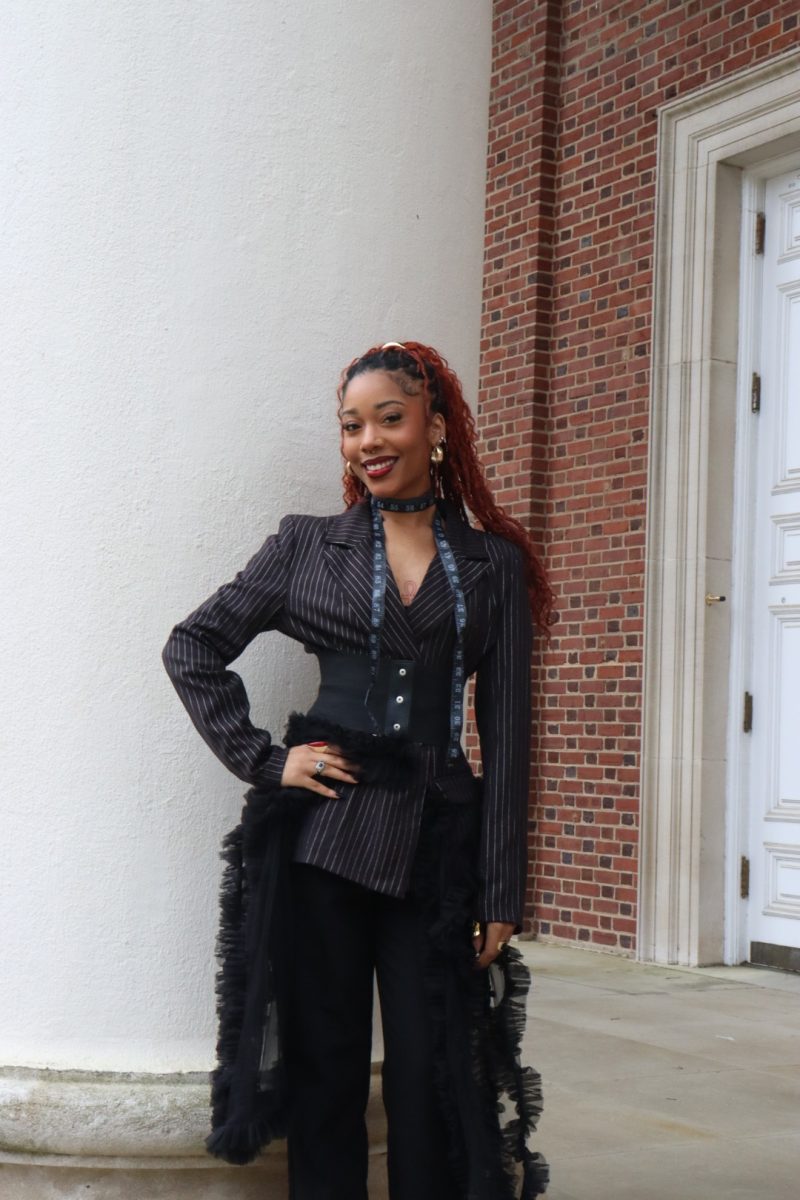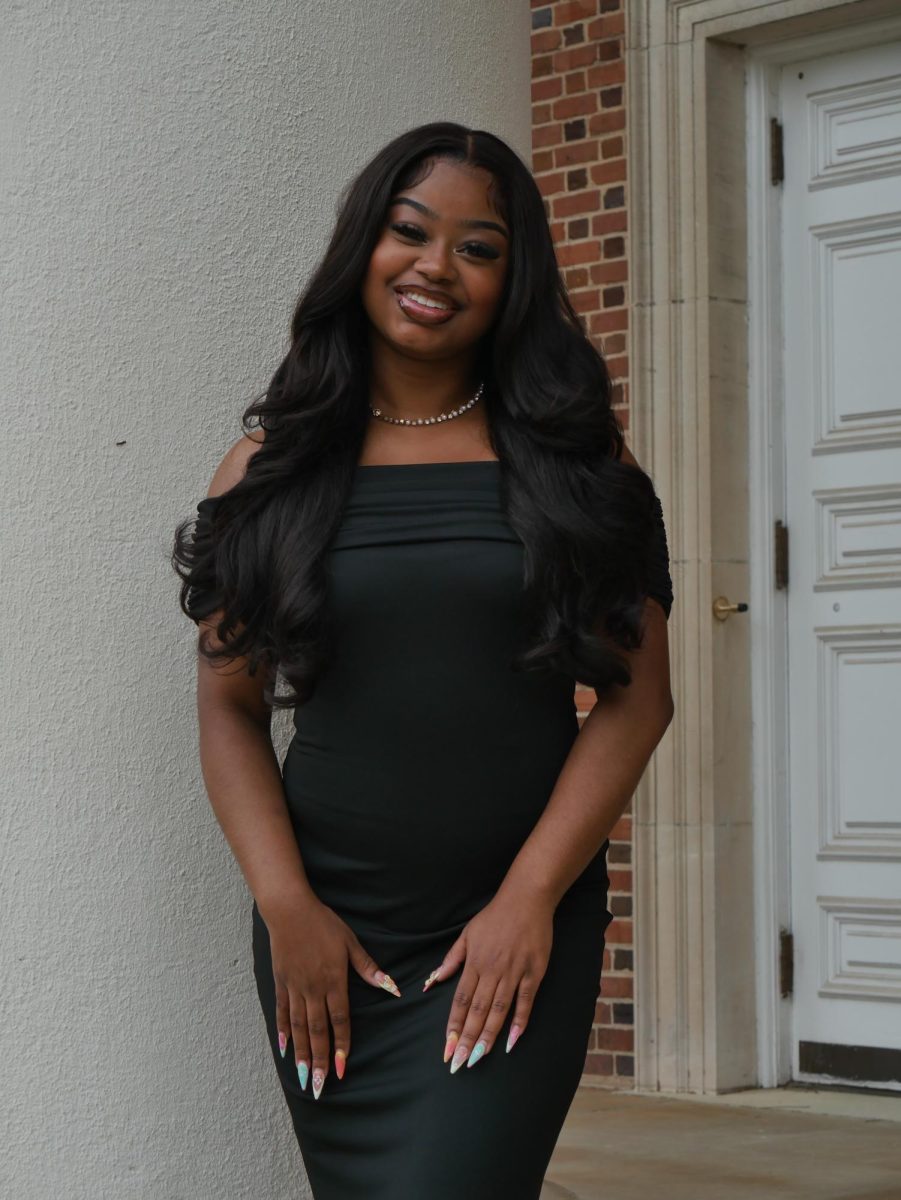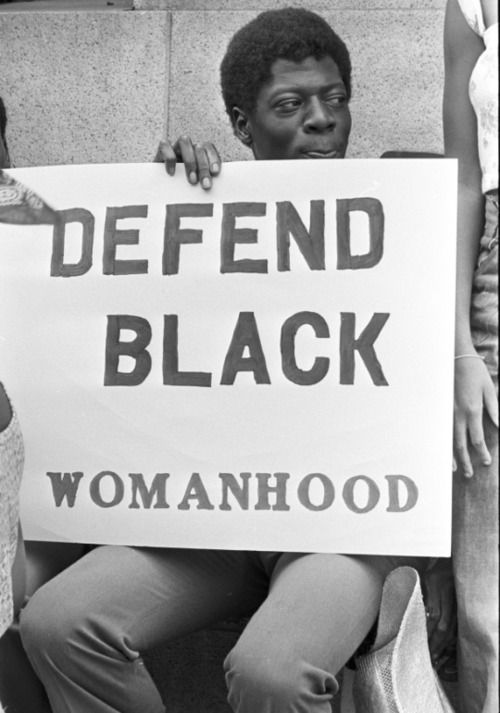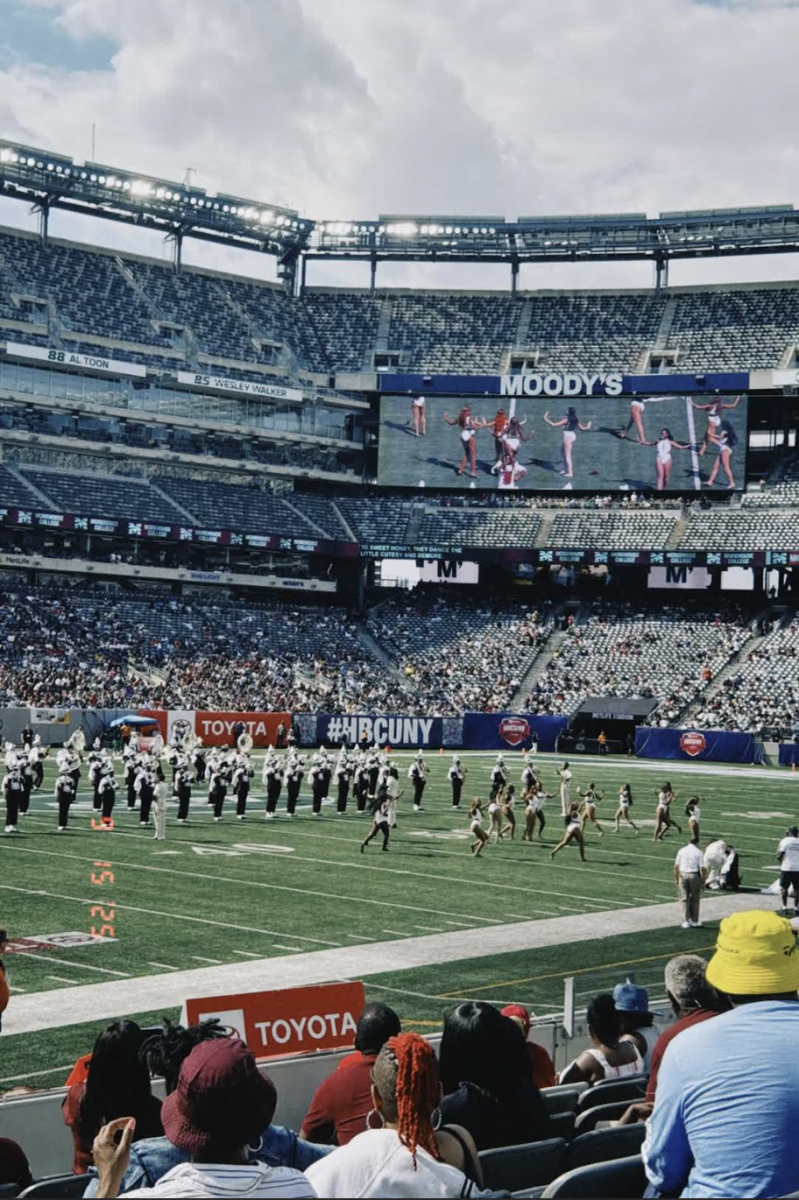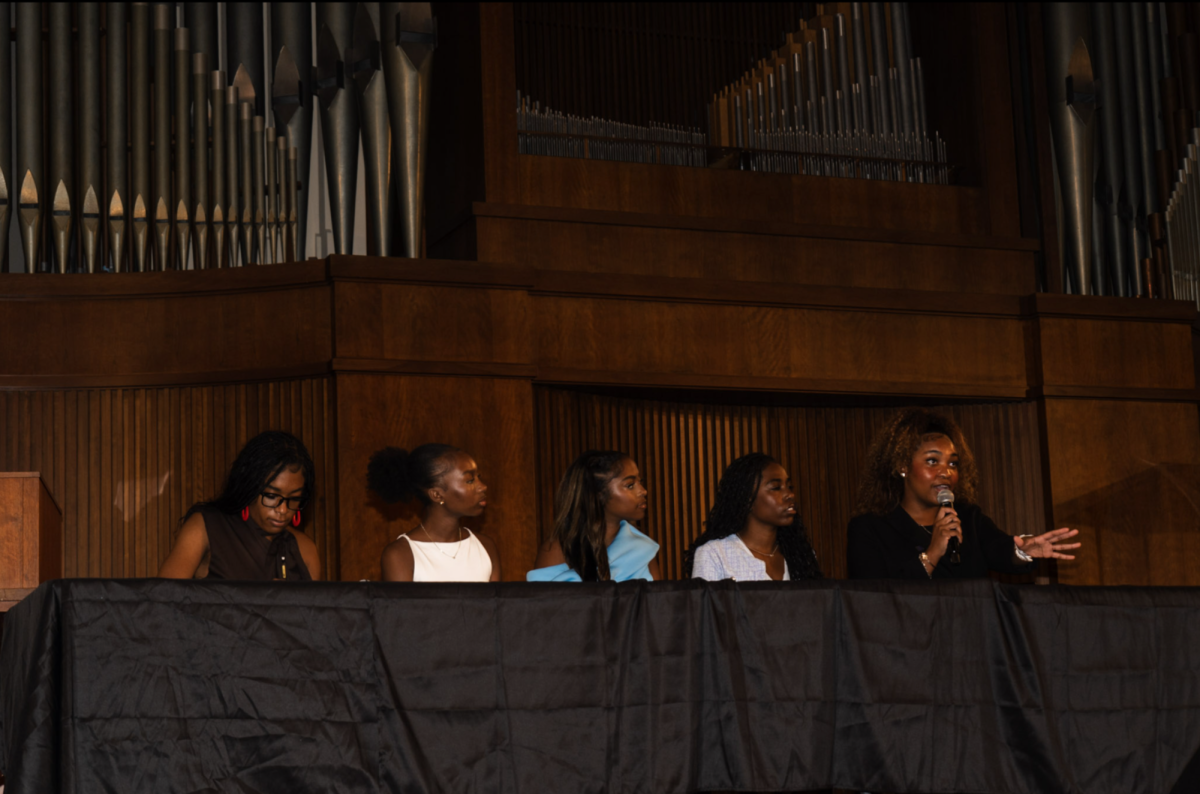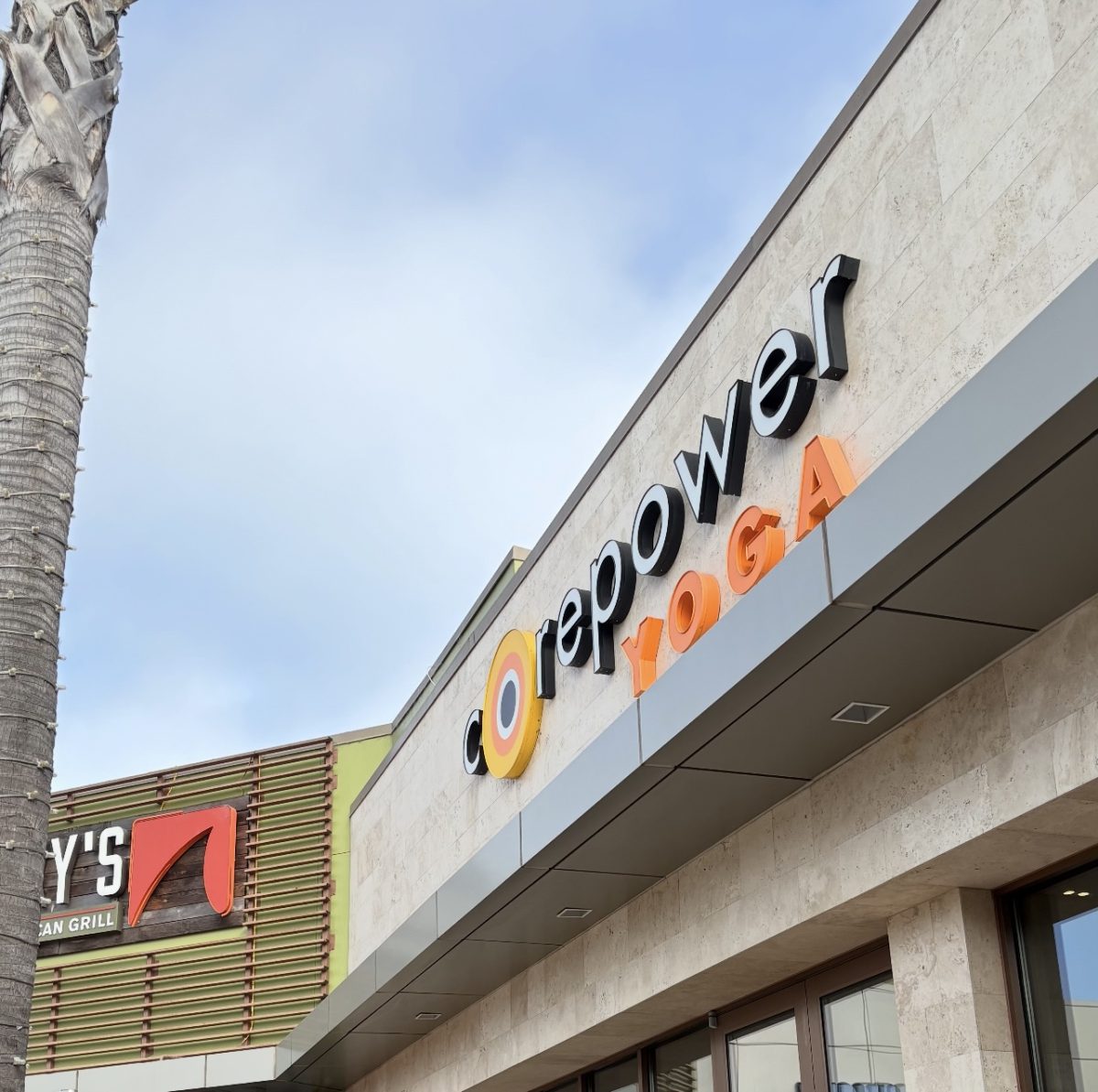Prominent conservative political activist Charlie Kirk was fatally shot on Wednesday at a Utah Valley University event, where he invited students to challenge his views. Violence is never justified, certainly not an assassination. Still, the reactions to Kirk’s death reveal something deeper about America’s selective empathy.
Social media has been flooded with posts emphasizing the tragedy and devastation of Kirk’s death. While his suspected assassin, Tyler Robinson’s, motives are not entirely clear, we must not forget a simple truth— violence begets violence. No person deserves to forcefully lose their life, but it would be remiss to ignore the emotional violence and hate that Kirk has inflicted on marginalized communities everywhere.
“It’s interesting how some people send their condolences to Charlie Kirk, but not to the families of the Colorado High School where the kids were murdered, along with people in Gaza and Black people who are brutally murdered,” junior Courtney Lipscomb said. “They try to downplay what’s happening, but with Charlie Kirk it’s ‘Where’s your humanity?’. Why don’t we show humanity to communities dying everyday?”
The double standard is apparent. Matter of fact, the same people now calling Kirk’s death “gutwrenching” were the ones who blamed Black people for their own murders. When Trayvon Martin was fatally shot for appearing “dangerous” while wearing a hoodie, the response was “he shouldn’t have had it on”. When George Floyd was brutally murdered, it was “he shouldn’t have resisted”. The rise of “All Lives Matter” in retaliation to “Black Lives Matter” is perhaps the clearest example of how quickly empathy for Black death is erased.
Some individuals, even those who opposed Kirk’s ideals, still leaned on the fact that he was a husband and father, as though that alone proved his humanity.
“The fact that someone had the title of a parent is the best thing you can say about them, does not bode well, ” junior Sam Hines said.
None of this is to say murder is humane or that it is moral to strip anyone of their life, regardless of their political stance. Students and staff of the institution, along with his family, will forever carry trauma from this abominable moment.
However, the shooting was likely a reaction to the substantial harm Kirk had imposed on an immense chunk of America. Upon further investigation, Robinson admitted that during a conversation with him and a family member before the Utah Valley University event, they both expressed their dislike for Kirk, claiming that he was “full of hate and spreading hate.”
“I don’t think violence is at all justified,” junior Bethany Benjamin said. “However, he had a very violent rhetoric against marginalized communities and people of color, and I think that his form of violence gets downplayed because he wasn’t killing people.”
As far as the Black community, he has referred to them as “prowling Blacks who go around for fun, targeting white people”. He has overtly called diversity, equity and inclusion programs anti-white. He dismissed starving children in Gaza as propaganda. He has made anti-immigrant claims about America being “too full” for them to enter. He even accused a transgender woman of doing “woman face” in comparison to Black face. The list goes on and on.
“He was perpetrating violence against people of color, against people in Gaza, against queer people. I feel like we need to acknowledge that because that put us [Kirk] in the situation we’re in now,” Benjamin said.
The irony is impossible to miss. Kirk openly said he “couldn’t stand the word empathy” and believed it was a harmful, made-up concept. Yet, in death, empathy is the first thing demanded for him.
It is equally ironic that Kirk fiercely defended the Second Amendment and advocated against gun control. He once argued that “it’s worth it to have a cost of, unfortunately, some gun deaths every single year so that we can have the Second Amendment.” In other words, he was alright with individuals dying, so long as it was not him.
Charlie Kirk’s assassination should not be celebrated, but neither should it erase the truth about who he was or the harm he caused. If Kirk deserves compassion, so do the very people he spoke against.
“We shouldn’t exactly celebrate his death but we can neither celebrate nor mourn him,” Hines said. “Charlie Kirk in particular is someone who advocates for and panders to a group of people who follow a very violent set of ideals and beliefs. Even if he didn’t commit physical violence, his words are violent enough.”
